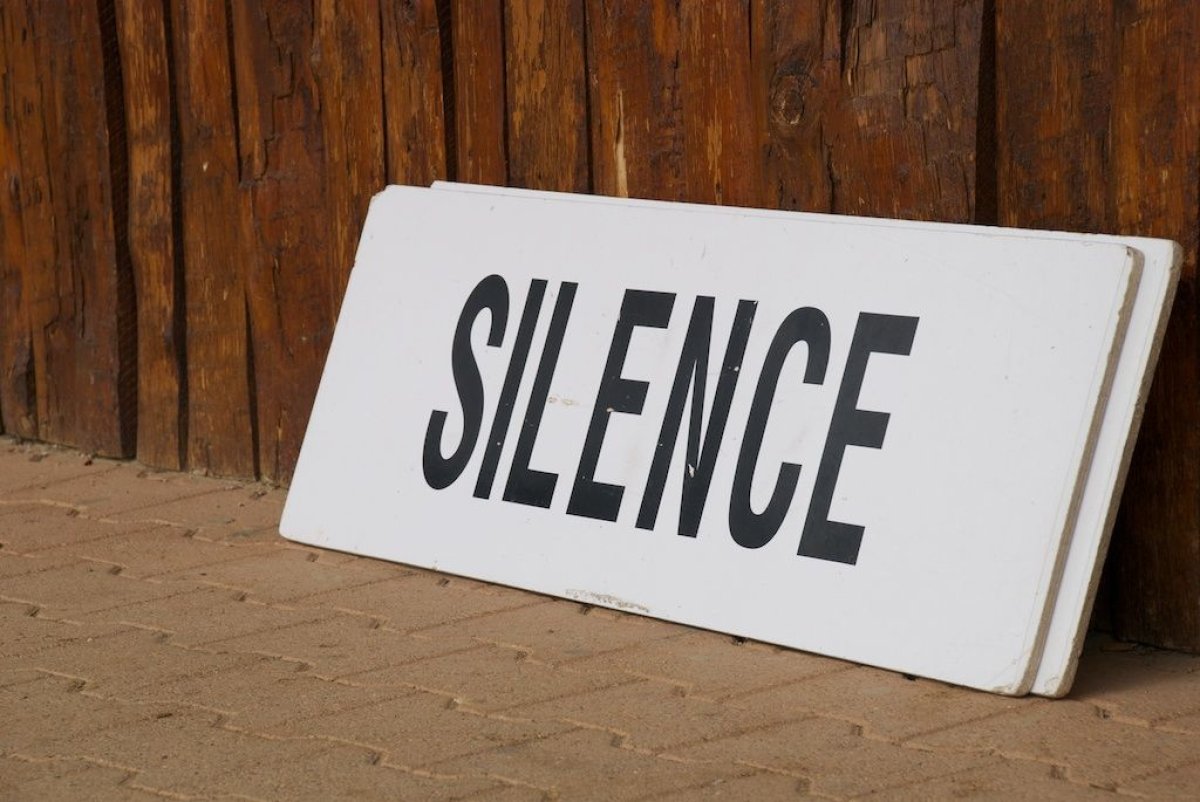This article first appeared on the Just Security site.
A recent article in The Atlantic , titled "The Republican Establishment Stands Behind Trump" describes the reaction of "the institutional Republican Party" to the president's response to Charlottesville.
The article does not merely claim that the GOP is standing by the president following his atrocious statements, but characterizes the reaction as rallying in support of Trump.
The authors write, "This is not the first time Republicans have rushed to defend Trump in a moment of national controversy."
The evidence the authors use, however, does not support their claims about the reaction to Charlottesville.
We need as accurate assessments as possible of where the GOP stands, and where we as a nation stand, in reaction to Trump's atrocious handling of white supremacists.
Such an assessment is important to finding the right diagnosis for what exactly is wrong with our politics and society. It can then lead to finding the cure.
I worry that researchers, writers, and readers assess information like that presented in The Atlantic article in a biased manner.

For example, the greater degree to which the GOP embraces Trump on Charlottesville will likely hurt the GOP brand among the general public. Democrats would generally like that, and the GOP establishment wouldn't.
On the other hand, the lesser degree to which the GOP embraces Trump on Charlottesville, the more the president will be seen alone on an island in his support for white supremacists.
There are a host of other implications, some foreseeable and some not.
Let's then try to assess the data as accurately as possible, and try not to be guided in that exercise by how we prefer the data to come out.
On what basis does The Atlantic article conclude that the GOP establishment "stands behind Trump" and that these Republicans have once again "rushed to defend Trump"?
The answer is in the article's sub-headline: "Of 146 state party chairs and national committee members asked about President Trump's response to Charlottesville, only seven were critical."
What that statistic does not tell you is the vast number of individuals who did not respond. The survey included a massive non-response rate. A whopping 124 people (85 percent) did not respond to the researchers. As an empirical matter, it is hard to generalize about the attitude of the GOP establishment when you get such a low response rate.
Regardless, it is not well ground to believe that the 15 people who responded in support of Trump amounts to a rush to defend him. I suppose it may be a rush by those fifteen individuals, but that's not what we are talking about here.
The question is about a general pattern of activity on the part of the GOP establishment. If I were Trump, I would not be enthused by 124 GOP state party chairs and national committee members refusing to come to my defense or say anything in support.
It is true that silence and the lack of a response is, in a way, standing by the President. In that respect, The Atlantic article is on stronger footing when describing the survey results in terms of "few have shown a willingness to break with the president."
That said, the move away from affirmative support to silence on Trump might be seen as an evolution for the GOP, and best be described as such. But that's where matters, more accurately stated, stand.
Such silence will itself undermine the GOP's brand, as evidenced by today's Op-Ed by former Republican Senator from Missouri John Danforth. He writes:
To my fellow Republicans: We cannot allow Donald Trump to redefine the Republican Party. That is what he is doing, as long as we give the impression by our silence that his words are our words and his actions are our actions. We cannot allow that impression to go unchallenged. (emphasis added)
Let me end with a broader point about how silence works in the face of the rise of fascism, including on American soil. Just Security published a piece by Professor Amos Guiora back in June, which gets at this issue.
Guiora recently published a book entitled, The Crime of Complicity: The Bystander in the Holocaust . In applying lessons from the book more generally, he wrote in June:
In the current political and social culture there is a collective need to act against hatred and extremism from left and right alike. There is an absolute need to stop enabling dividers and hate mongerers. Complicity is passivity in the face of potential danger to the other. The bystander is one who stands by and chooses not to act. The combination of complicity and bystanders is deadly. It directly contributes to victim peril.
Guiora's piece in Just Security , written months before Charlottesville, was titled, " Not the Time for the Sounds of Silence." It is worth revisiting.
Ryan Goodman is co-editor-in-chief of Just Security. Ryan is the Anne and Joel Ehrenkranz Professor of Law at New York University School of Law. He served as Special Counsel to the General Counsel of the Department of Defense (2015-16).
Uncommon Knowledge
Newsweek is committed to challenging conventional wisdom and finding connections in the search for common ground.
Newsweek is committed to challenging conventional wisdom and finding connections in the search for common ground.
About the writer
To read how Newsweek uses AI as a newsroom tool, Click here.








